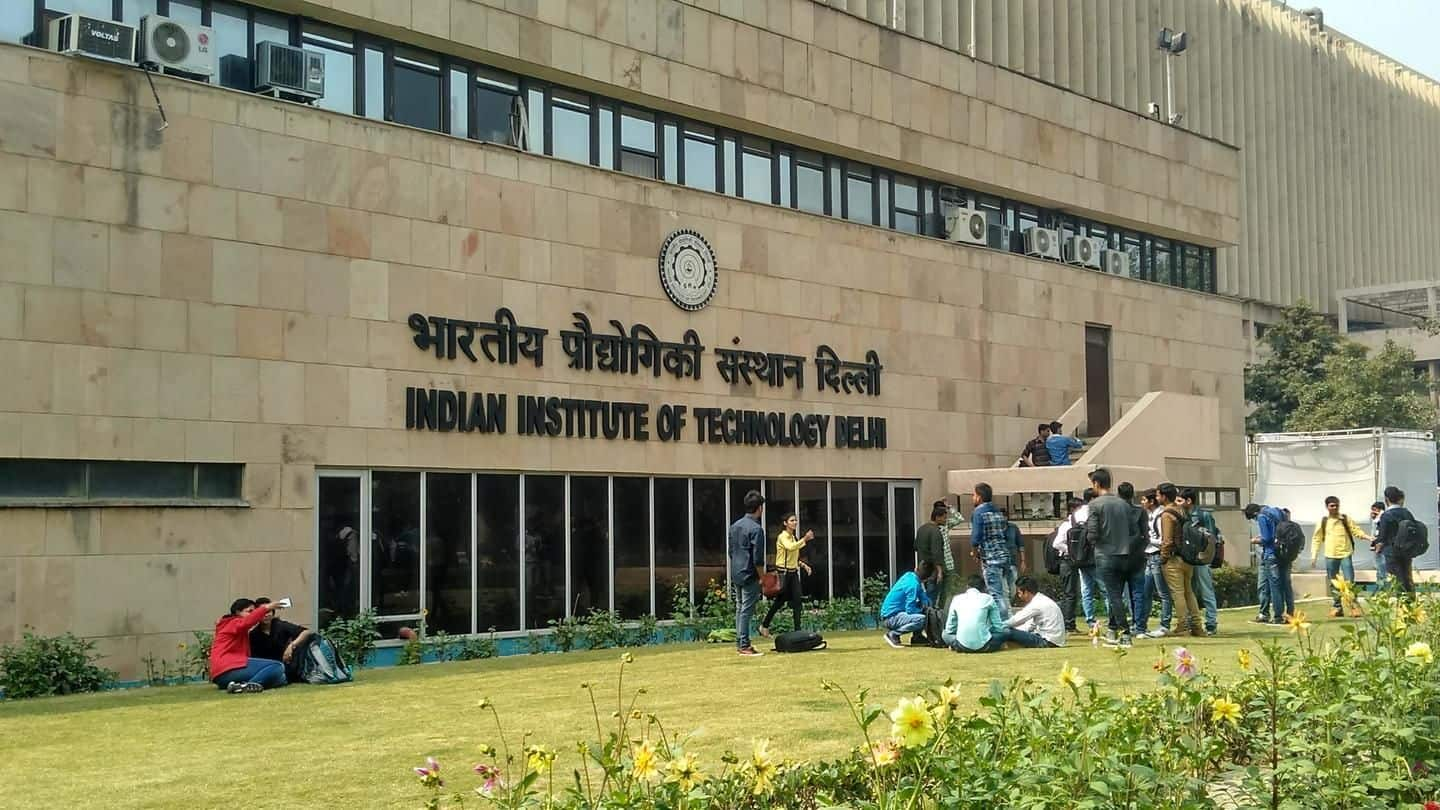
IIT-Delhi's Open House: Water-less bathing, innovative healthcare solutions and more
What's the story
The 14th edition of IIT-Delhi's Open House is all set to begin on April 21, and this time, the elite technology institute has several eco-friendly and healthcare solutions to showcase. The Open House is an event where innovative technologies developed by IIT-Delhi students are displayed. Students from over 50 schools and engineering colleges in Delhi, Haryana, and Punjab are expected to attend. Here's more.
Quote
What IIT-Delhi Open House is all about
"IIT Delhi's Open House is a platform for the culmination of a year's worth of inimitable innovations undertaken by students and faculty alike," said SK Khare, Associate Dean, Research and Development, IIT Delhi.
Eco-friendly tech
Waste conversion, water-less bathing, solar energy storage and more
To help reduce air pollution in Delhi from crop burning, IIT-Delhi students have invented tech that allows the conversion of agro-waste to reusable pulp at small scales. Other eco-friendly tech on display include a flow battery for solar energy storage, an affordable pocket gadget for soil testing, and a product for water-less bathing for people in water-scarce areas.
Healthcare tech
Affordable healthcare solutions for the future
Students have also invented an intelligent artificial leg with sensors which adapt to the movement of the user. Additionally, they have created an upper limb robotic rehabilitation device for objective physiotherapy in case of a stroke, and an affordable Rs. 10 nasofilter for filtering out 2.5M pollutants. To help the visually impaired access information, students also invented an affordable digital braille system.
Institutional focus
Tackling socioeconomic issues through innovation is the focus of IIT-Delhi
V Ramgopal Rao, the Director of IIT-Delhi, has said that the institutional focus is now on tackling issues faced by people in everyday life through an inter-disciplinary approach. The institute has tied up with AIIMS for advancing medical technology. Starting from June, IIT-Delhi will also expose its students to rural life to help innovate technologies to tackle problems like open defecation, waste disposal, etc.